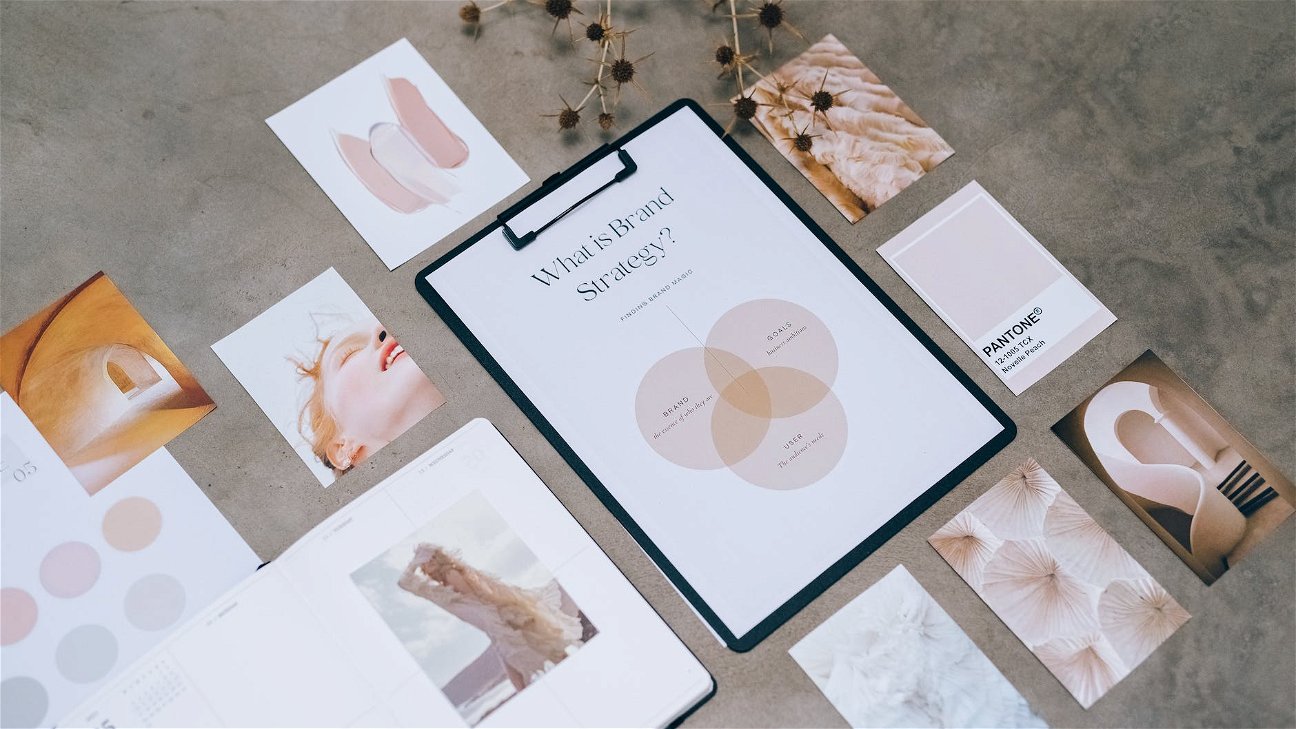
For many, the piano is more than just an instrument. It's a gateway to expressing emotions, telling stories, and embarking on melodic journeys. If you've always wanted to compose your own songs, but don't know where to start, you're in the right place. In this guide, we'll delve into the process of composing simple, elegant songs on the piano, even if you're a beginner.
Understanding piano composition
Before diving into the composing process, let's first understand what composition entails. Composing involves creating and arranging musical elements into a coherent structure. When composing for the piano, these elements include melody, harmony, rhythm, and tempo.
Starting with a melody
The melody is often the backbone of any song, and creating a captivating one is paramount. So, how do you create a melody? Start with a simple sequence of notes. Experiment with different combinations and listen to how they sound. Trust your ear and intuition to guide you. Remember, it doesn't have to be complex to be beautiful. Many incredible songs have simple melodies at their core.
Harmonizing your melody
Once you have a melody, it's time to add harmony. Harmony refers to the combination of simultaneously sounded musical notes to produce chords and chord progressions. You might start with basic chords like major and minor triads, then explore more complex ones as you grow more comfortable.
Adding rhythm and tempo
Rhythm and tempo are critical components of a song. Rhythm is the pattern of music in time, while tempo is the speed of the rhythm. Playing with rhythm and tempo can dramatically alter the mood and feel of your song.
Tips for composing your piano song
Now that we've covered the basics, let's move on to some practical tips that can help you in your composition journey.
-
Start small: Begin with short, simple songs. It's easier to expand on a brief composition than it is to simplify a complicated one.
-
Experiment: Don't be afraid to make mistakes. Experiment with different notes, chords, rhythms, and tempos. You never know what you might discover.
-
Take breaks: Sometimes, stepping away can give you a fresh perspective. If you're feeling stuck, take a break and come back to it later.
-
Trust your ear: Your ear is your best tool. If it sounds good to you, it probably is good.
-
Practice, practice, practice: Like any skill, composing takes practice. The more you compose, the better you'll get.
Piano composition techniques
Here are some common techniques that might help you in your composing endeavors:
-
Chord progressions: These are sequences of chords that provide a harmonic base for your melody. Some popular progressions include I-IV-V and ii-V-I.
-
Inversion: This involves rearranging the notes in a chord. Inversions can help smooth out your bass line and create a more interesting sound.
-
Arpeggios: These are chords whose notes are played one at a time instead of simultaneously. They add a beautiful, flowing sound to your songs.
-
Dynamics: Dynamics refer to the volume of the music. Altering the dynamics can add emotion and contrast to your song.
Embarking on your own melodic journey might seem daunting at first, but with patience and practice, you'll soon be composing your own beautiful piano songs. Remember, the journey is just as important as the destination.











